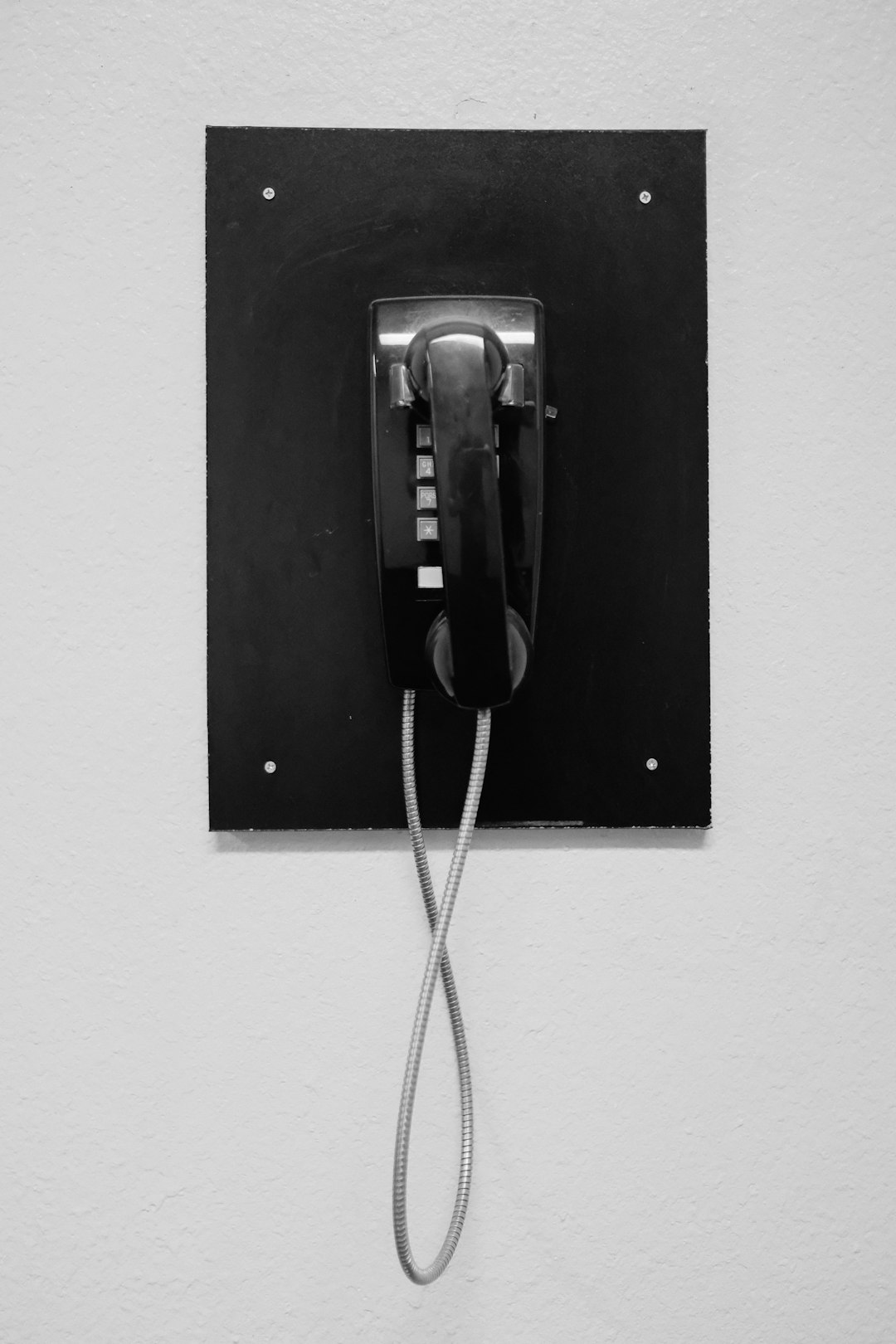Florida's Telephone Consumer Protection Act (TCPA) or Unwanted Call Law prohibits automated or prerecorded calls without prior consent. Consumers can report violations to the FCC and seek legal recourse, with specialized support from unwanted call law firms. Key violations include calls despite requests to stop, hang-ups, and deceptive language. Documenting call details is crucial for reporting to Florida authorities. Reporting an unwanted call involves confirming the violation, gathering evidence, and contacting regulatory agencies online. Local Consumer Protection Agencies in Tampa Bay investigate complaints and enforce the Unwanted Call Law. Effective communication with firms, documented thoroughly, stops unauthorized calls and supports legal action.
In the digital age, telemarketing has evolved, but so have consumer concerns regarding unwanted calls. As a consumer advocate in the Tampa Bay Area, understanding Florida’s unwanted call laws is paramount. This guide explores best practices for reporting telemarketing violations, empowering advocates to protect residents from aggressive sales tactics. From identifying infractions to effective communication strategies, we provide a comprehensive step-by-step approach. Learn how local consumer protection agencies play a vital role and discover key insights to navigate Florida’s unwanted call laws, ensuring consumer rights are upheld.
Understanding Unwanted Call Laws in Florida: A Consumer's Perspective

In Florida, the Unwanted Call Law, also known as the Telephone Consumer Protection Act (TCPA), is designed to protect consumers from unwanted phone calls, specifically those made using automated dialing systems or prerecorded messages. As a consumer advocate, understanding these laws is paramount when reporting telemarketing violations. The TCPA restricts companies from placing robocalls to individuals without their prior express consent, with exceptions for specific types of calls like those from government agencies, non-profit organizations, or in cases where the recipient has given explicit permission.
Florida’s Unwanted Call Law empowers consumers to take action against violators by allowing them to file complaints with the Federal Communications Commission (FCC) and seek legal remedies. Consumers can report unwanted calls by documenting the calls’ details—including the caller’s information, call frequency, and any recorded messages—and providing this evidence to relevant authorities. By being proactive and aware of their rights under the TCPA, consumers in the Tampa Bay Area and across Florida can contribute to a more regulated and consumer-friendly telemarketing environment.
Identifying Telemarketing Violations: What to Look For

As a consumer advocate, recognizing telemarketing violations is a crucial step in protecting residents from aggressive sales tactics. In Florida, the Unwanted Call Law (also known as the Telemarketer’s Act) is designed to safeguard citizens from harassing phone calls. Violations can occur when firms make calls without proper consent or fail to adhere to specific guidelines, such as calling before 8 a.m. or after 9 p.m., except in certain circumstances. Consumers should be wary of repeated calls despite requests to stop, hang-ups, or calls purporting to be from official sources when there’s no prior indication of a relationship.
Watch for language that is false, deceptive, or misleading, as well as promises of rewards or threats of consequences to pressure you into making a purchase. Legitimate telemarketing firms should provide clear information about the products or services they offer and should never use aggressive or intimidating behavior. If you suspect any of these violations, document the calls, including dates, times, and a summary of what was said. This documentation can be invaluable when reporting such incidents to the relevant authorities in Florida.
Reporting the Violation: Step-by-Step Guide for Consumer Advocates

Reporting a telemarketing violation is a crucial step in protecting your rights as a consumer. Here’s a simple, step-by-step guide for advocates assisting clients in the Tampa Bay Area or beyond who have faced unwanted calls from law firms in Florida.
First, confirm that the call truly violates relevant laws. In Florida, the Telephone Consumer Protection Act (TCPA) protects consumers from unsolicited telephone marketing calls. If the firm is calling about a debt or selling products/services, it likely needs to adhere to strict rules. Next, gather all necessary information: date and time of the call, caller’s phone number, and a record of the conversation. Many smartphones automatically save such data, making this process easier. Then, contact the appropriate regulatory agencies. The Federal Trade Commission (FTC) and the Florida Attorney General’s Office are responsible for handling telemarketing complaints. They offer straightforward online complaint forms that just require you to fill in the details of the violation. Lastly, encourage clients to keep a record of all communications related to the incident, as this could be useful if further action is required.
The Role of Local Consumer Protection Agencies in Tampa Bay Area

In the Tampa Bay Area, local Consumer Protection Agencies play a pivotal role in safeguarding residents from telemarketing violations and unwanted calls from law firms. These agencies are tasked with enforcing the state’s Unwanted Call Law (also known as the Telemarketing Sales Rule), ensuring that businesses adhere to strict guidelines regarding consumer privacy and protection. With their expertise and resources, they offer a range of services including investigating complaints, conducting audits, and providing educational resources to help consumers understand their rights.
Consumers who believe they’ve been affected by telemarketing violations can file a complaint with these agencies, which triggers a thorough examination. The agencies have the authority to take formal action against offending firms, including issuing fines and orders to cease and desist. Their presence acts as a powerful deterrent, promoting ethical business practices in Florida’s vibrant legal sector while empowering residents to assert their rights under the law.
Effective Communication Strategies for Advocating Consumer Rights

As a consumer advocate, effective communication is key when reporting telemarketing violations. When dealing with unwanted calls from law firms in Florida, it’s important to remain calm and collected while documenting each interaction. Start by clearly identifying the company and individual responsible for the violation, noting the date, time, and specific details about the call—including any promises made or threats implied.
Utilize clear and concise language to convey the nature of the violation, referencing relevant laws such as the Unwanted Call Law (TCPA) if applicable. When communicating with telemarketers or legal entities, present your concerns assertively but respectfully, demanding immediate cessation of the unauthorized calls. Keep records of all conversations, including any promises made for rectification, which can serve as valuable evidence should further action be required.






